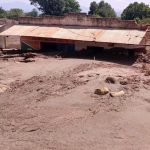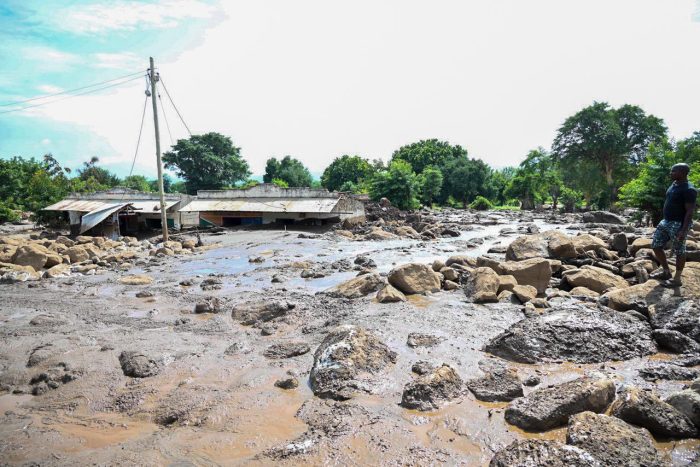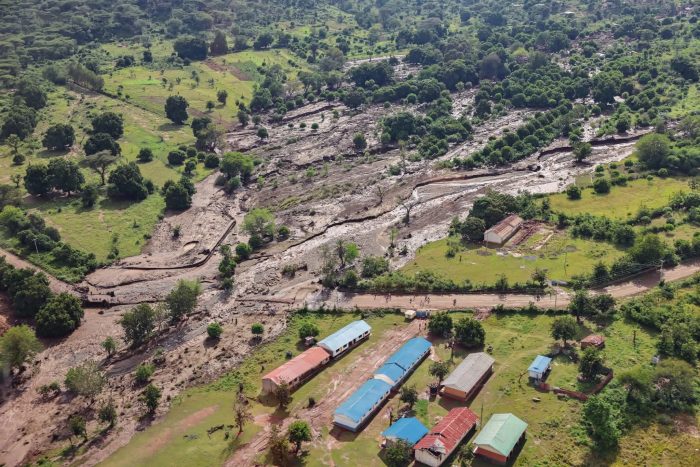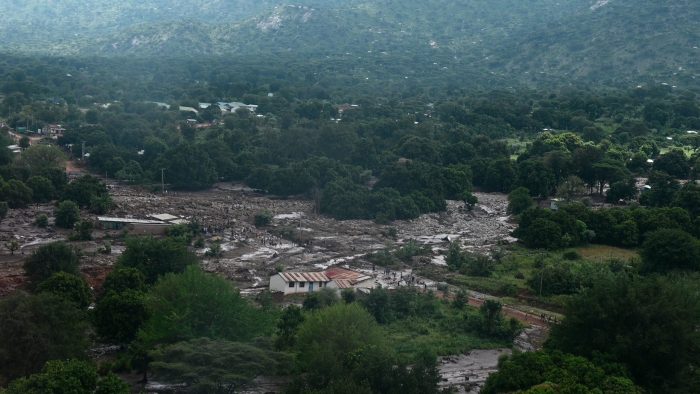The Institution of Surveyors of Kenya (ISK) has sent its condolences to the families affected by the recent landslides in Elgeyo Marakwet County and called for urgent, coordinated national action to address Kenya’s growing vulnerability to such disasters.
In a statement released on Wednesday, ISK President Eric Nyadimo said the tragedy highlights deep gaps in disaster preparedness and land management despite early warnings from the Kenya Meteorological Department.
“It is regrettable that despite the early warnings issued, lives were still lost due to limited evacuation planning, poor infrastructure, and the absence of designated temporary shelters for residents in high-risk zones,” Nyadimo said.
The professional body noted that Kenya has experienced over 120 landslide events in the past decade, with Elgeyo Marakwet ranked among the top five high-risk counties, according to data from the National Disaster Operations Centre and the UN Office for Disaster Risk Reduction.
ISK linked the increasing frequency and severity of landslides to deforestation, poor settlement planning, and unsustainable land use, warning that continued clearing of forests for farming and settlement is weakening soil structure and destabilizing slopes.
While commending the government’s plan to plant 15 billion trees by 2032 through the National Tree Growing Restoration Campaign, ISK urged that this initiative be matched with stricter enforcement of land-use regulations and settlement controls.
To prevent future tragedies, the Institution recommended:
* Mapping and zoning of all landslide-prone areas using detailed geospatial data.
* Strict enforcement of land-use and settlement controls by county governments.
* Operationalization of early warning systems and establishment of evacuation shelters.
* Restoration of forests and catchment areas through reforestation and anti-logging measures.
* Community awareness campaigns to empower residents in vulnerable zones.
Nyadimo emphasized that ISK remains ready to work with the national and county governments, development partners, and local communities to promote sustainable land management and disaster risk reduction.
“We must treat this tragedy as a wake-up call to prioritize environmental conservation, proactive planning, and responsible land use, not only to honour the lives lost but also to prevent such avoidable disasters in the future,” he said.








